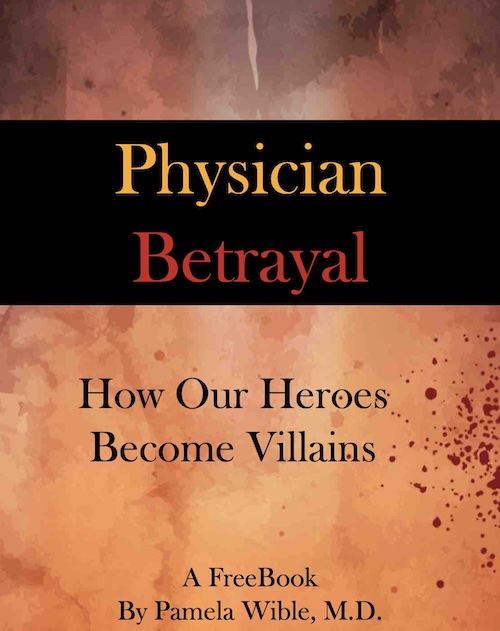I sought this novel out after reading Kathrine Kressmann Taylor’s perfect goose-bump of a short story "Address Unknown." That story, originally published in 1938, received much-deserved notoriety in its time and was later republished as a stand-alone paperback with an afterword by the author's son giving the back story of this riveting epistolary exchange between two Germans, one a Jew and one a budding Nazi, at a pivotal time in history. It is an international best-seller.
I'm guessing Kressman Taylor's son, Charles Douglas Taylor (who contributed back-of-book comprehensive and illuminating histories about and by the real man* on whom Day of No Return was based), was motivated by the short story's success to self-publish (through Xlibris) this 2016 American edition of this out-of-print novel that has only four reviews on Goodreads. I would like to remedy its unmerited obscurity.
Day of No Return, first published in 1942, is equally necessary and horrifying. And it should be read by Americans who love democracy and are frazzled by our current history. If you enjoy reading history, this novel may be for you. I'll explain:
I was not brought up with a religion and one of the good parts of that is that I have no sense of any religion being superior and am comfortable with a live and let live attitude. But this background has also made me obtuse to the dynamism of religious fervor and power and how it can be used to take over and demolish democracy. For all its flaws, our Constitution and the founders were absolutely brilliant in their proclamation of a republic with a separation of church and state—a separation which insidious forces are eroding as I type.
The similarities of the trajectory of Germany into a Nazi regime and what's going on now in the USA are unmistakable. But without the knowledge of the historical precedent, we Americans are missing the chance to do a course correction. Read More




 I wish everyone would read this short (43 pages), free, absolutely remarkable book (some memoir, a ton of facts, shocking and readable) by Pamela Wible, M.D.
I wish everyone would read this short (43 pages), free, absolutely remarkable book (some memoir, a ton of facts, shocking and readable) by Pamela Wible, M.D.







